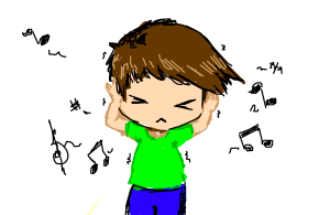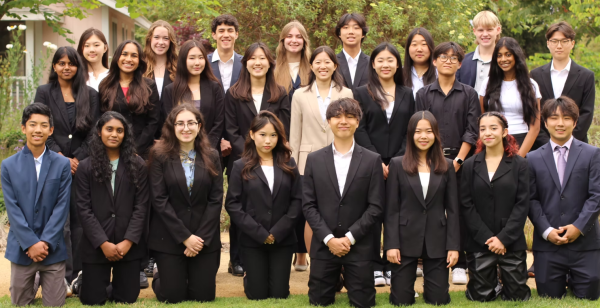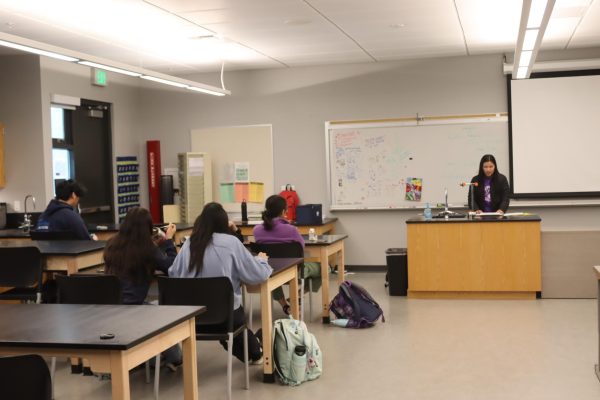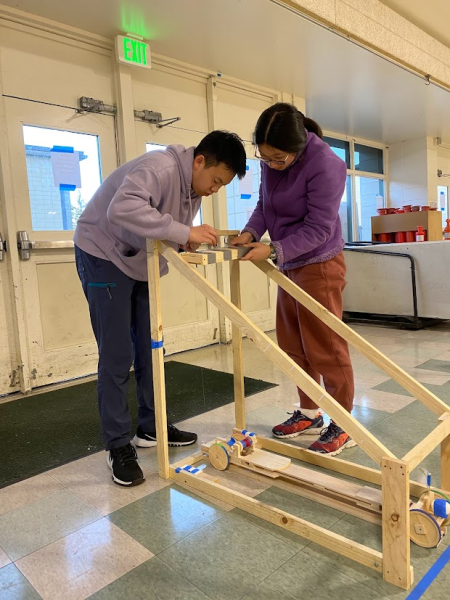The hidden cost of construction
How the noise from construction impedes students’ learning environment
Construction on campus has been a regular occurrence for years now, beginning with the iHub and now the new GSS building, which is set to be completed in October 2020.
However, as students, we are faced with some hidden drawbacks of the construction, such as the noise and the slow-moving traffic between the C-building and the construction site. It is apparent that the noise the construction creates is disruptive, but exactly how much does it affect our education?

“If I get distracted by the construction myself when I’m teaching, it’s probably distracting for some of our students who also struggle to focus,” English teacher Surna Barton said.
In addition, Barton, whose classroom is in the upstairs C building, on the construction side, added that the construction has also caused the projector in her room to shake and move.
Easily distracted students have a hard enough time concentrating on tests. The additional construction noises certainly doesn’t help.
“If the construction is constant, which it [has been] for the last couple weeks, I can imagine that would be really hard for even our most focused students,” Barton said.
It’s probably worse for teachers and students who are closer to the construction, Barton said.
Not only is the construction distracting for students, it also pushes teachers to change the tone of their voice and, at times, their lesson plan for the day.
“It shakes the room and is startling when it begins,” English teacher Christina Graham, whose room is also in the upstairs C building, but on the quad side, said. “The beeping that sounds like a vehicle backing up is the most disruptive and piercing. I do have to increase the volume of my voice and the volume of AV materials.”
The sound of a voice can also be drowned out by the noise of construction. For students who don’t have a strong vocabulary at their disposal, it results in misinformation or missed context.
According to Dr Victor de Andrade, audiologist and lecturer in the Department of Speech Pathology and Audiology in the School of Human and Community Development at Wits University, “In a classroom where they are learning new information, that word that the child has missed could be crucial to the rest of the conversation. “











